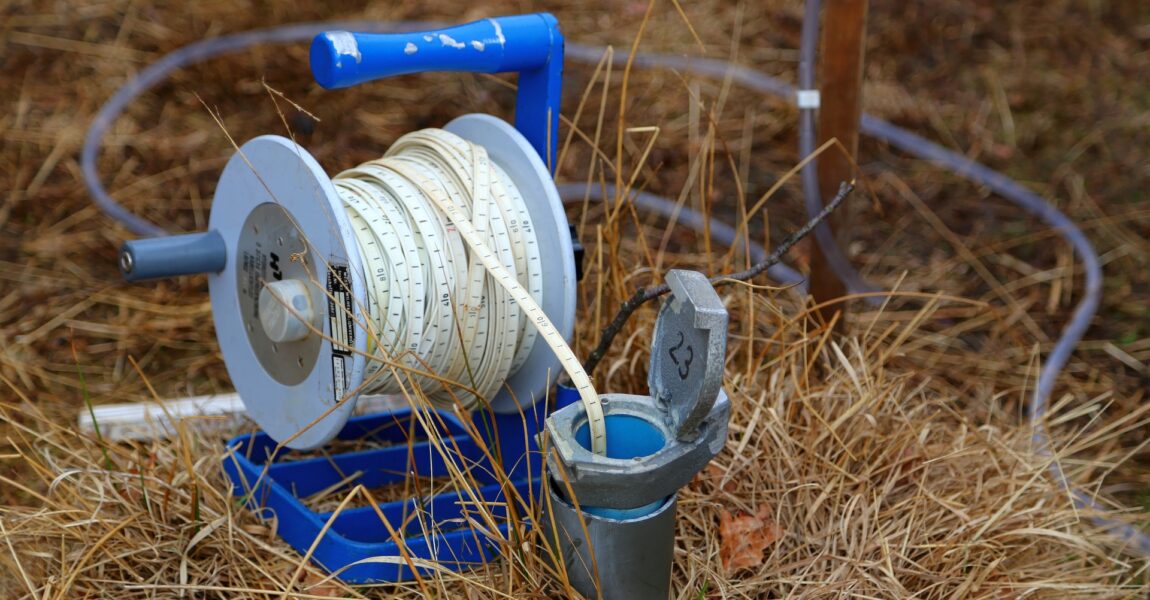
Groundwater is an essential resource for life on earth. It supports crops, provides drinking water to millions of people and contributes to the livelihoods of many communities. But despite its critical importance, groundwater is often taken for granted, and not enough is being done to protect it from degradation and depletion. In this article, we’ll explore why it’s essential that we protect and look after our groundwater.
What is groundwater?
Groundwater is water that is found underground in the cracks and spaces in rock and soil. It can come from rain and snow that soaks into the ground, and it’s stored in underground aquifers. Groundwater is one of the largest sources of fresh water on the planet, and it’s used for a variety of purposes, including drinking, agriculture, and industrial uses.
The dangers of groundwater depletion
Groundwater depletion is a growing concern all over the world. In many regions, people are withdrawing groundwater at a faster rate than it can be replenished, which is leading to declining water levels and a decline in the quality of water that remains. This can result in a range of problems, including:
- Decreased water availability for drinking and agriculture
- Land subsidence, which can cause damage to buildings and infrastructure
- Increased pumping costs and reduced economic viability of wells
- Contamination of water supplies with saltwater, which can make the water unsuitable for drinking or irrigation
The impact of pollution on groundwater
Groundwater can also be contaminated by human activities such as agriculture, industry, and waste disposal. Contaminants can include chemicals, pesticides, and toxic waste, and once they’re in the groundwater, it can be extremely difficult to remove them. Contaminated groundwater can pose a significant risk to human health and the environment, and it can take decades or even centuries for contaminated groundwater to be cleaned up.
The importance of groundwater recharge
Groundwater recharge is the process of replenishing groundwater supplies by adding water back into the aquifers. This can be done through natural processes, such as rain and snow that soak into the ground, or through human-made processes, such as the use of irrigation or the injection of treated wastewater. Groundwater recharge is essential for maintaining a sustainable supply of groundwater, and it’s important to ensure that groundwater recharge is happening at a rate that can keep up with demand.
The role of government in protecting groundwater
Governments play a critical role in protecting groundwater and ensuring that it’s managed sustainably. This includes:
- Regulating groundwater extraction to ensure that it’s sustainable
- Protecting groundwater from contamination by controlling land-use practices, such as agriculture and industrial activities
- Ensuring that groundwater recharge is happening at a rate that can keep up with demand
- Providing funding for research and monitoring of groundwater resources
The role of individuals in protecting groundwater
Individuals also have a role to play in protecting groundwater. This includes:
- Using water efficiently and reducing waste
- Avoiding activities that can contaminate groundwater, such as improperly disposing of chemicals or waste
- Supporting government efforts to protect groundwater
- Educating others about the importance of groundwater and the need to protect it
Conclusion
Groundwater is a critical resource that is essential for life on earth. However, it’s often taken for granted and not enough is being done to protect it from degradation and depletion. It’s important that we all work together to protect and look after our groundwater, including individuals, governments, and organisations. By doing so, we can ensure that this valuable resource remains available for future generations.
- 22 February 2023
- Water
